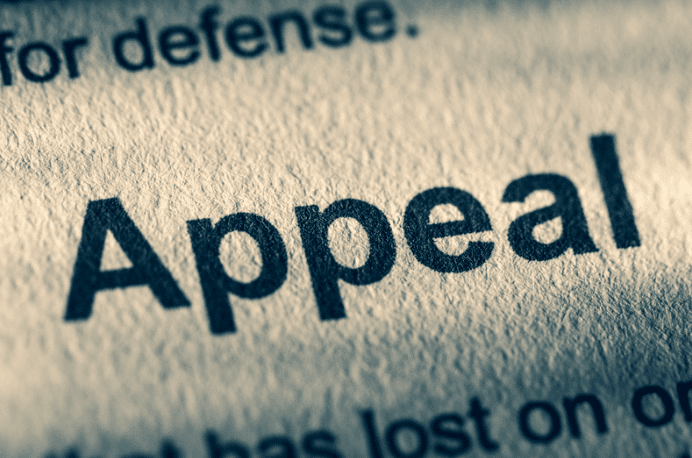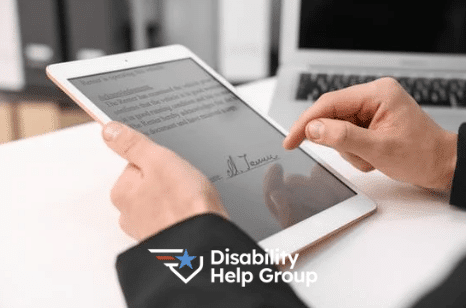Top Reasons You Need to Appeal Your SSDI Denial
Receiving a denial notice after you apply for Social Security disability benefits can be disheartening. But, that initial denial notice isn’t the end of the road. You can’t afford to give up. Here are three key reasons you should appeal your SSDI denial.
It’s Worth Your While to Fight for Social Security Disability
Most Social Security Disability Claims are Initially Denied
If you didn’t know what you were up against, your SSDI denial notice may have taken you by surprise. Unfortunately, most Social Security disability applications are denied at first. The Social Security Administration (SSA) says on average, about 21% of initial claims are approved each year. Worse, some people lose out on benefits because they give up when they receive the denial notice. But, a great many of those who are initially denied do receive disability benefits if they persist.
Sadly, many applicants give up after the first denial, not realizing that if they chose to continue through the process of requesting reconsideration and then a hearing before an administrative law judge (ALJ), there’s a good chance of securing disability benefits at a later stage.
You Paid for Social Security Benefits
Many people think of SSDI benefits as a public benefit like Medicaid or SNAP, funded by the government to help people in difficult circumstances. But, Social Security is different. You pay into the Social Security system with every paycheck, and your employer pays in on your behalf.. If you’re self-employed, your self-employment taxes cover the combined amount. If you find yourself unable to continue working due to a disability, it’s your time to collect those benefits.
Reapplying is Not the Same as Appealing
An SSDI applicant who does not appeal their denial or who loses on appeal can reapply. But, reapplying isn’t a substitute for appealing. For example, if you successfully appeal your denial, you can be awarded back benefits. But, if you let your time to appeal expire, the decision becomes final. That means the Social Security Administration (SSA) has already determined that you were not disabled for the period covered by your initial application. You won’t be able to get benefits for that time period, even if your second application is approved. Depending on how long it has been since you worked, you could even lose eligibility by waiting and reapplying.
The Bottom Line on Appealing SSDI Denial
For most applicants, seeing the appeals process through is the best course of action after being denied Social Security disability benefits. You can significantly improve your chances of success at each subsequent step if you have knowledgeable guidance. For example, most requests for reconsideration are denied, since they’re just a review of the same materials. But, some applicants can secure benefits at this stage by providing supplemental information.
An experienced disability benefits advocate can be your best resource. To learn more about how Disability Help Group can help, call 800-800-3332 or contact us here.







